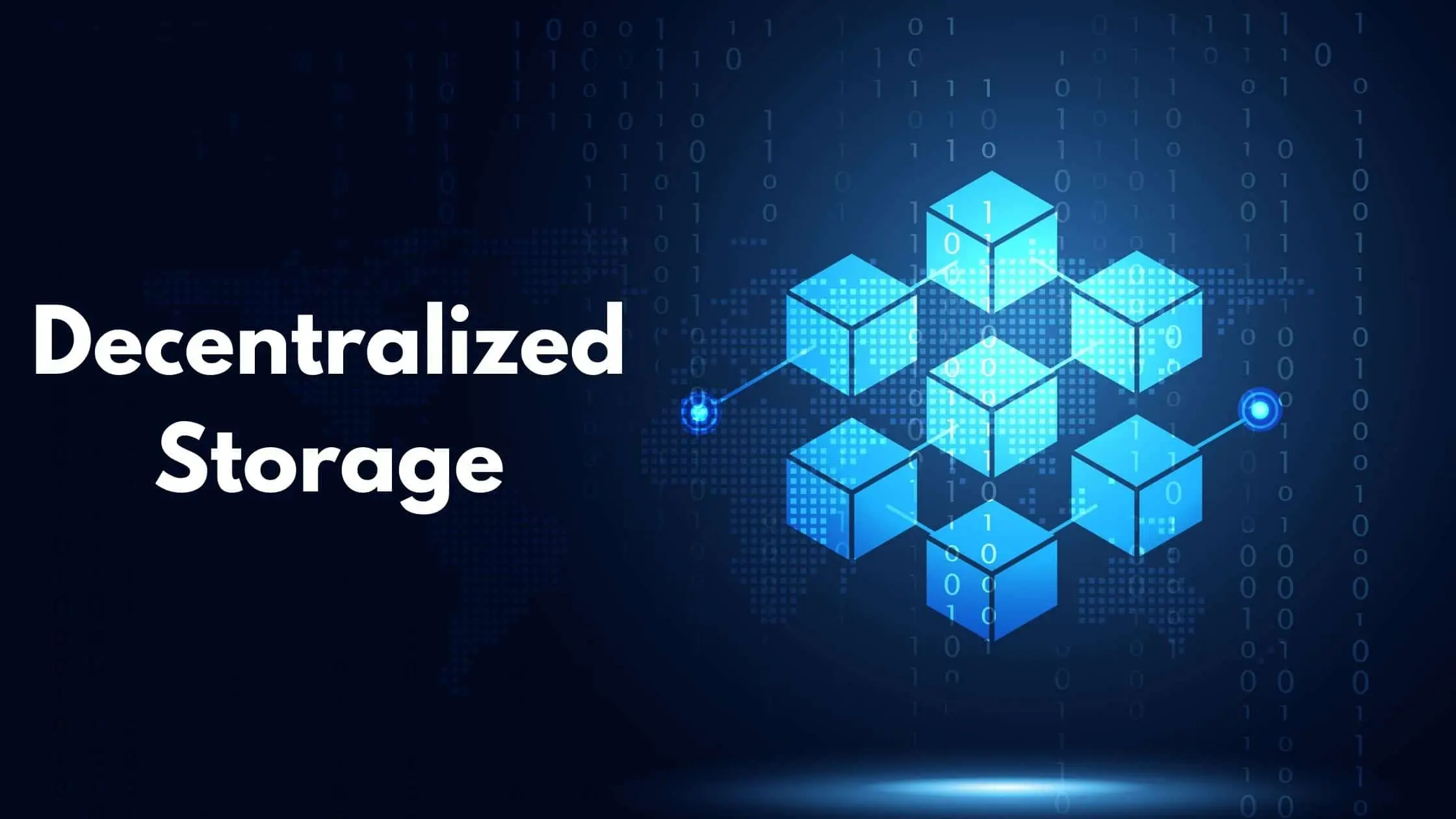Decentralized storage systems, as opposed to typical centralized storage servers maintained by a single individual or organization, maintain data files among geographically scattered nodes connected via peer-to-peer (P2P) networking.
Using blockchain to manage decentralized storage networks can assist improve security by protecting data files from mistakes, counterparty risks, and single-point failures.
Data is the new oil, according to British mathematician Clive Humby, who first used the phrase in 2006. This phrase is more true today than ever before because of how closely our internet experiences are tied to our personal data.
The personal information that makes up our digital identity nowadays is frequently kept in a single location. Despite being more accessible, centralized storage systems may be more susceptible to data loss, privacy violations, and cyberattacks since users don’t fully control what information they want to share and how they want to share it.
However, the introduction of Web3 has altered the way we communicate online, and blockchain technology has significantly contributed to this development.
Blockchain-based apps operate autonomously without the assistance of reliable third parties, fostering the development of a decentralized Internet where users have more control over their personal data and online activities. Users may now access and save their data in a distributed manner as opposed to on a single centralized server thanks to the development of decentralized storage.
Centralized vs Decentralized Storage
Centralized storage
Since a long time ago, centralized data storage has been the norm. This technique of data storage entails a provider maintaining and preserving information on a single server or collection of servers, typically in the same location.
Data management and access are made simple by this technique. As an illustration, cloud storage is frequently a centralized approach where data is saved on servers controlled by a single company, like Amazon, Google, or Dropbox.
Data is often encrypted using 128-bit SSL technology while it is being sent from your computer to a server hosting centralized storage when it comes to security. Once on the server for centralized storage, data may also be protected using 256-bit encryption.
Decentralized storage
However, there are drawbacks to centralized data storage. The encryption keys are held by the storage platform, regardless of how strict the security precautions are. This raises questions about accessibility, openness, and control. Furthermore, because everything is held in one location, hackers may more easily target a single point of failure to attempt and access a significant quantity of data.
Decentralized systems, on the other hand, store data over a geographically scattered network of computers rather than in a single location. This allows for the storage of vast volumes of data without relying on a central server or provider, which helps to remove any censorship and privacy intrusion concerns.
How Does Decentralized Storage Work?
Decentralized storage is distributing data over numerous computers or nodes connected to a peer-to-peer network such as BitTorrent or an InterPlanetary File System (IPFS) protocol.
Data uploaded to a decentralized storage system is divided into small bits and distributed to many network nodes for storage. If you need to retrieve a data file, the network will reassemble the sharded components from the different nodes holding it for you to download.
Furthermore, nodes in a decentralized storage system cannot access or modify files since a cryptographic hash algorithm encrypts all data stored on a network. To access their data and prevent unauthorized entities from obtaining it, users must utilize their private keys.
Pros of Decentralized Storage over centralized storage
Decentralized data storage can help to solve some of the problems that traditional centralized storage systems have. Here are a few advantages of decentralized storage networks versus centralized storage networks.
Improved privacy and security
Because all of their data is held in a single area, traditional centralized storage networks are more vulnerable to assaults. Decentralized storage solutions, on the other hand, provide more robust security since their data is distributed among numerous nodes rather than sitting on a single server.
This makes it more difficult for hackers to enter into decentralized storage networks and steal data. Furthermore, because users are not required to give personal information in order to keep data in a decentralized system, there is an extra degree of anonymity.
No point in failure
While centralized data storage networks are simpler to access and maintain, they are also more susceptible to transmission faults, which can result in data loss. A decentralized storage network is made up of numerous linked nodes that provide more redundancy and fault tolerance, allowing users to access data from other nodes on the network even if one node fails.
Faster download speed
When traffic exceeds the network’s capacity, centralized storage might experience bottlenecks. Decentralized storage, thanks to blockchain technology, has the ability to cut bandwidth utilization because the nodes holding the data files are distributed globally.
Lower cost
A decentralized system has greater storage than a centralized one since it has multiple nodes holding data. When compared to existing centralized storage services, this generally results in reduced prices, especially for smaller customers who cannot benefit from economies of scale.
Enhanced data integrity
The capacity of data to retain the same attributes over its lifespan is referred to as data integrity. Maintaining data integrity is difficult with centralized storage systems because data becomes inaccessible if a server fails or the webpage is relocated. Decentralized storage allows data to be available eternally while still being intact due to hashing.


